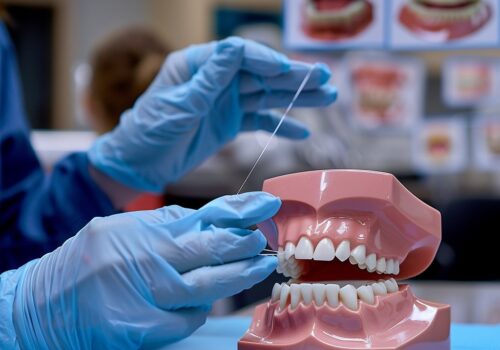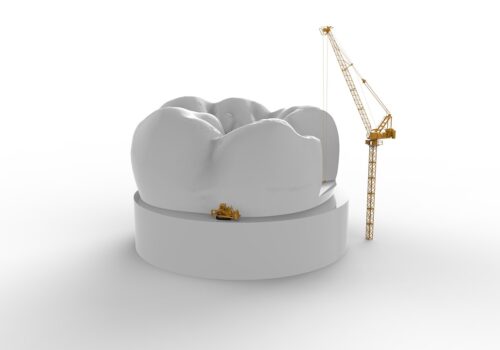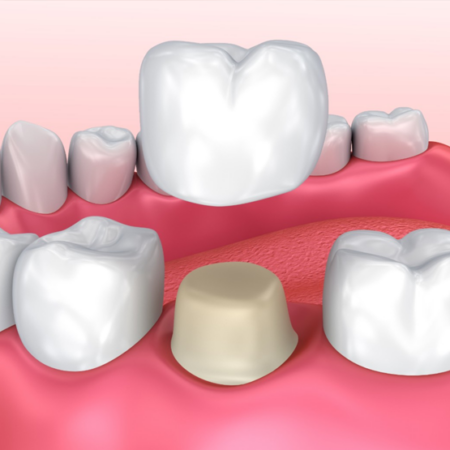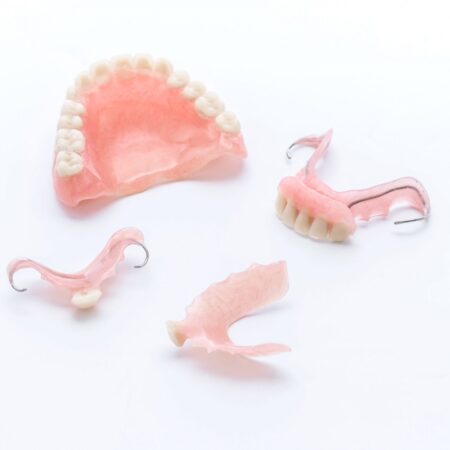
Are you thinking about visiting your dentist in Dubai, UAE for dental crowns? Here’s everything you need to know about this dental treatment.
Untreated tooth decay is the most common health condition worldwide. Meanwhile, 20% of people suffer oral trauma to their teeth at some point. Both tooth decay and oral trauma could lead you to need dental crowns in the future.
What are crowns, exactly, and what does the procedure involve? Read on to find out. After reviewing this guide, you can visit your dentist in Dubai, UAE to discuss your dental care options.
Learn everything you need to know about dental crowns today!
What Are Dental Crowns?
First, let’s cover the basics. What is a dental crown, exactly?
Customized to cover a damaged tooth, dental crowns are caps designed to look like your existing teeth. Crowns are placed over a tooth to improve its appearance, size, or strength. Once they’re cemented into place, the crown will encase any remaining, visible part of a natural tooth.
Choosing this form of dental treatment can help improve your smile. If a tooth was damaged or affected by decay, visit a dentist. They can help you determine if a dental crown is an ideal form of treatment for the problem.
For example, they might recommend a crown to:
- Support and cover a filling when there’s not enough tooth remaining
- Hold parts of a cracked tooth together
- Secure a dental bridge
- Protect a tooth that was weakened from tooth decay
- Hide a discoloured or misshapen tooth
Improving the strength of a damaged tooth can help restore the function and integrity of your teeth. Without a crown, you might have issues with your smile or ability to chew.
Crowns are made with different materials. Your dentist might choose between materials like porcelain or metal depending on where they’ll place the crown. These materials can vary in durability and strength.
Scheduling a consultation appointment with your local dentist can help you determine which options best suit your needs.
Who Needs It?
Your dentist might recommend a dental crown to fix many functionality and aesthetic issues. For example, they might decide this is the best dental treatment to:
- Improve the appearance of your smile
- Protect a damaged or weakened tooth
- Restore a broken tooth
- Improve your ability to chew
- Cover an implant
For example, perhaps you lost a tooth after an accident. If there’s a gap between your teeth, the surrounding teeth could start to tilt toward the gap. Without dental treatment, your teeth might appear crooked.
Your dentist might recommend a dental implant procedure. The number of dental implants could increase by 23% between 2020 and 2026. Dental crowns are placed on top of implants to restore smiles.
A child might need a dental crown, too. For example, perhaps your child has developed serious tooth decay. In some cases, a tooth can become too damaged to support a filling.
Your dentist might recommend improving your child’s smile with a crown instead. A crown can protect the child’s tooth from further decay and damage.
Types of Crowns
During your consultation appointment, you can talk to your local dentist to learn more about the types of crowns they offer. While porcelain crowns are the most popular, other options include stainless steel, composite resin, ceramic, and zirconia.
In some cases, however, a dentist might decide to combine materials to ensure the durability of the crown. For example, they might fuse metal and porcelain together for extra strength and durability.
There are other factors that can impact the decision, such as the:
- Tooth’s functionality
- Tooth’s location in your mouth
- Amount of the tooth that will appear when you smile
- Amount of your remaining teeth
- Colour of any surrounding teeth
- Position of the gum line
Crowns vary in material and type. For example, only crowns are designed to only cover a portion of a tooth.
You might choose to receive a one-day crown if you need a crown as soon as possible. As the name suggests, temporary crowns are only meant for a short duration. You might receive a temporary crown while waiting for a dental implant procedure.
The Procedure
Make sure to choose the best dentist in Dubai, UAE before scheduling your procedure. They can walk you through the process to ensure you’re prepared beforehand.
First, your dentist will need to examine your teeth. They’ll look at the tooth, its position, and the surrounding structure. They might need to take X-rays, too.
If you’ve developed tooth decay or an infection, your dentist might recommend a root canal procedure instead. Don’t worry. Your doctor will numb the area beforehand using anesthesia.
Usually, the dentist will need to reshape the tooth by filing it down. This ensures there’s enough space for the crown.
Your dentist will create a mold of the tooth to ensure the crown fits properly. They’ll also match the color of the crown with your surrounding teeth so it blends in.
You might need to wait for a lab to create your crown. In this case, you’ll receive a temporary crown for the time being. Once the crown is prepared, your dentist will cement the new crown into place.
Aftercare
Make sure to talk to your Mount Vernon dentist about how to properly care for your dental crown, too. Usually, crowns can last for up to 15 years. However, their longevity can vary based on the wear and tear it experiences over time.
First, make sure to practice good oral hygiene. Brush and floss daily.
Avoid biting your fingernails, chewing on ice, or clenching your teeth.
Schedule appointments with your dentist twice a year, too. Regular checkups could minimize your risk of gum disease or tooth decay.
Otherwise, let your dentist know if the crown becomes loose (which can occur if the cement washes out from under the crown). Let your dentist know if the crown falls off (which can occur if the underlying tooth begins to decay).















Leave a Reply